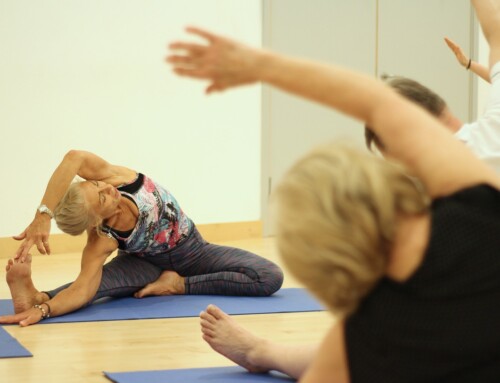Is there an Alzheimer’s cure on its way? While unfortunately we do not have a definitive cure, we are learning more every day about how to identify the disease early, as well as to take proactive measures which seem to help slow the progression of the condition.
Fast Facts: In the US, 3 million people a year are diagnosed with dementia or Alzheimer’s Disease. Worldwide, 50 million. It is further estimated that only 1 in 4 people who have this disease have actually been diagnosed.
Another way to look at this- 1 in 10 American’s over the age of 65 has Alzheimer’s. Those are frightening statistics, especially if you or your senior loved one was given this diagnosis. Experts aren’t exactly sure of the cause but agree that it starts slowly and progresses over time.
In an ideal situation, treatment would begin before symptoms begin. A researcher from the Neurodegeneration Consortium at MD Anderson Cancer Center recently reported that by the time they see most patients, it is too late for the medications to work. Therefore early diagnosis and treatment is key.
What Diagnostic Tools Are Available?
- Physical and neurological exam
- Lab tests
- Brain imaging
- Mental status and neuropsychological testing
There are 2 primary types of FDA approved medications used to lessen symptoms of dementia and Alzheimer’s Disease. These medications are designed to help keep brain cells in communication for proper brain function. Because Alzheimer’s causes plaques to form between nerve cells, it becomes more difficult for the brain to send signals. Medications work to keep pathways open. Other pharmacological approaches include antidepressants, mood stabilizers and antipsychotics. There have been no new FDA approved medications for this disease in the last 15 years but researches are hopeful that we will see new treatments in the near future.
Research has shown that lifestyle, dietary changes and even home remedies can slow the progression of this disease. The key is to start these practices early or implement them if you are simply at risk due to age or genetics. Here are some suggestions that have been studied. Always remember to discuss any changes with your physician.
- Include coconut oil, almonds, cinnamon, and Indian gooseberry into your diet.
- Incorporate B vitamins, as well as Vitamin D & E and magnesium.
- Add turmeric, omega 3 fatty acids, and ashwagandha to your diet
- Get regular exercise, at a level which is appropriate for your age and physical capability. Many senior living residences have a gym, as well as appropriate fitness classes.
- Engage in activities that stimulate your brain and challenge you. This can include reading, playing games with others, taking an art class, or listening to audio classes.
Expert Tips: Ask your doctor about topical magnesium spray which will absorb into the skin, and get some sunshine ever day. While none of these things are an Alzheimer’s cure, they may help to keep the brain healthy longer.
If you are concerned about yourself or your loved one, a good place to start is the SAGE Test. It is the Self Administered Gerocognitive Examination. When printed, it is a simple pencil and paper test designed to detect early signs of cognitive, memory or thinking impairments. You can then take your results to your next appointment with your physician. You can also take the test online at BrainTest.com. Remember, while an Alzheimer’s cure is not yet here, early detection is the key.
If you or a loved one are in need of a compassionate memory care center or assisted living facility in The Villages, we invite you to tour A Banyan Residence. Our team is committed to the overall health and well-being of every one of our residents.








